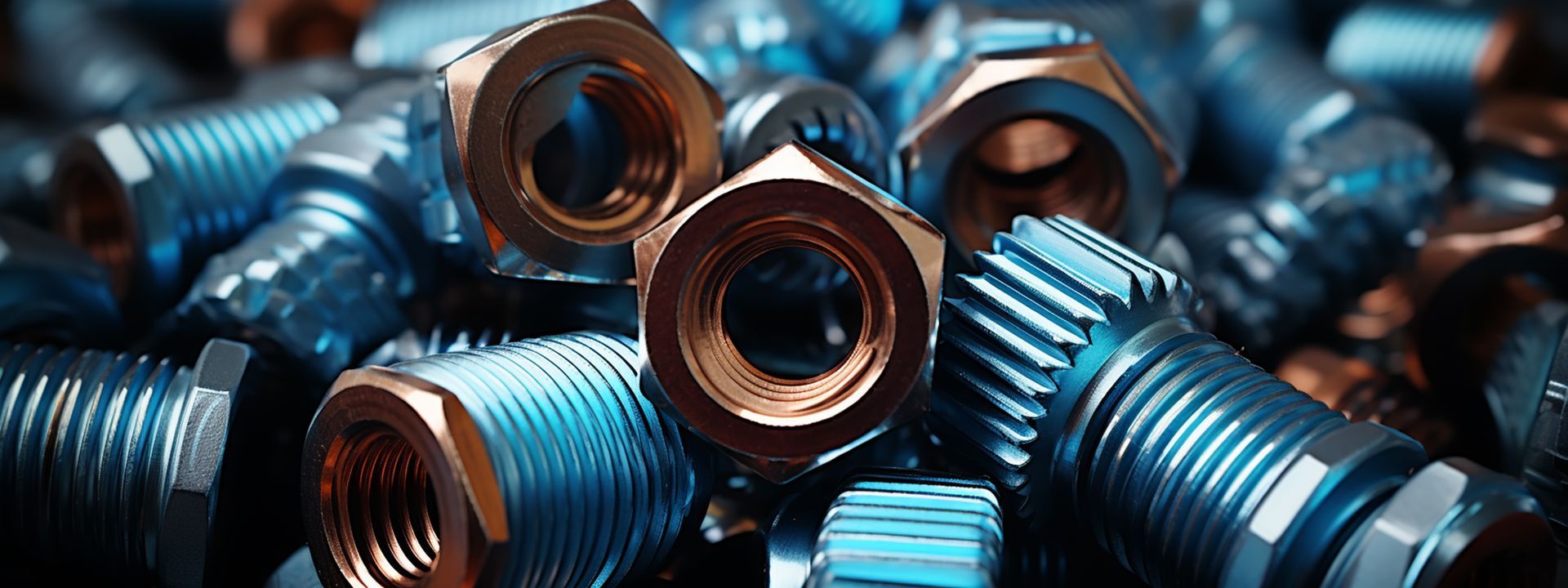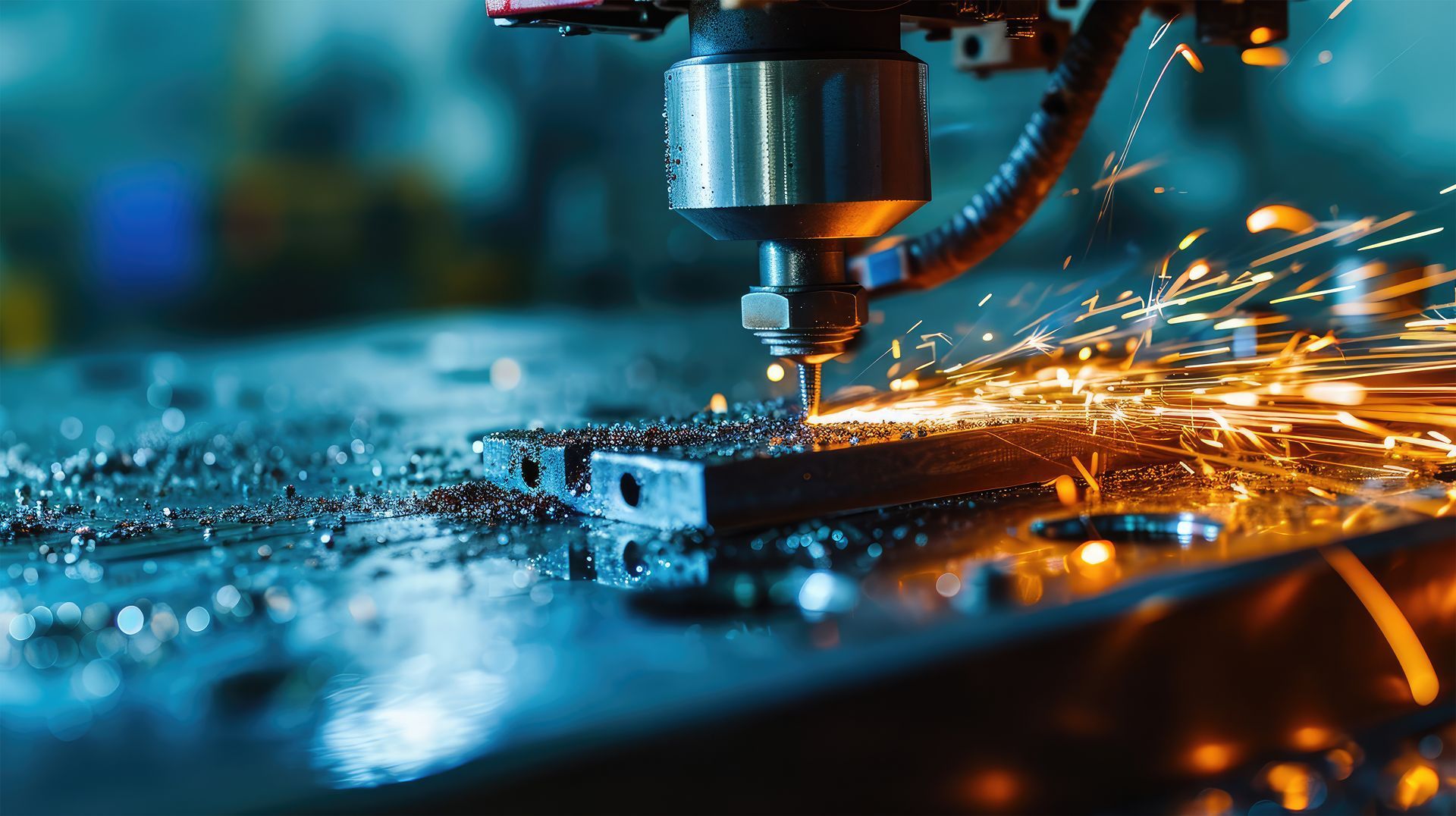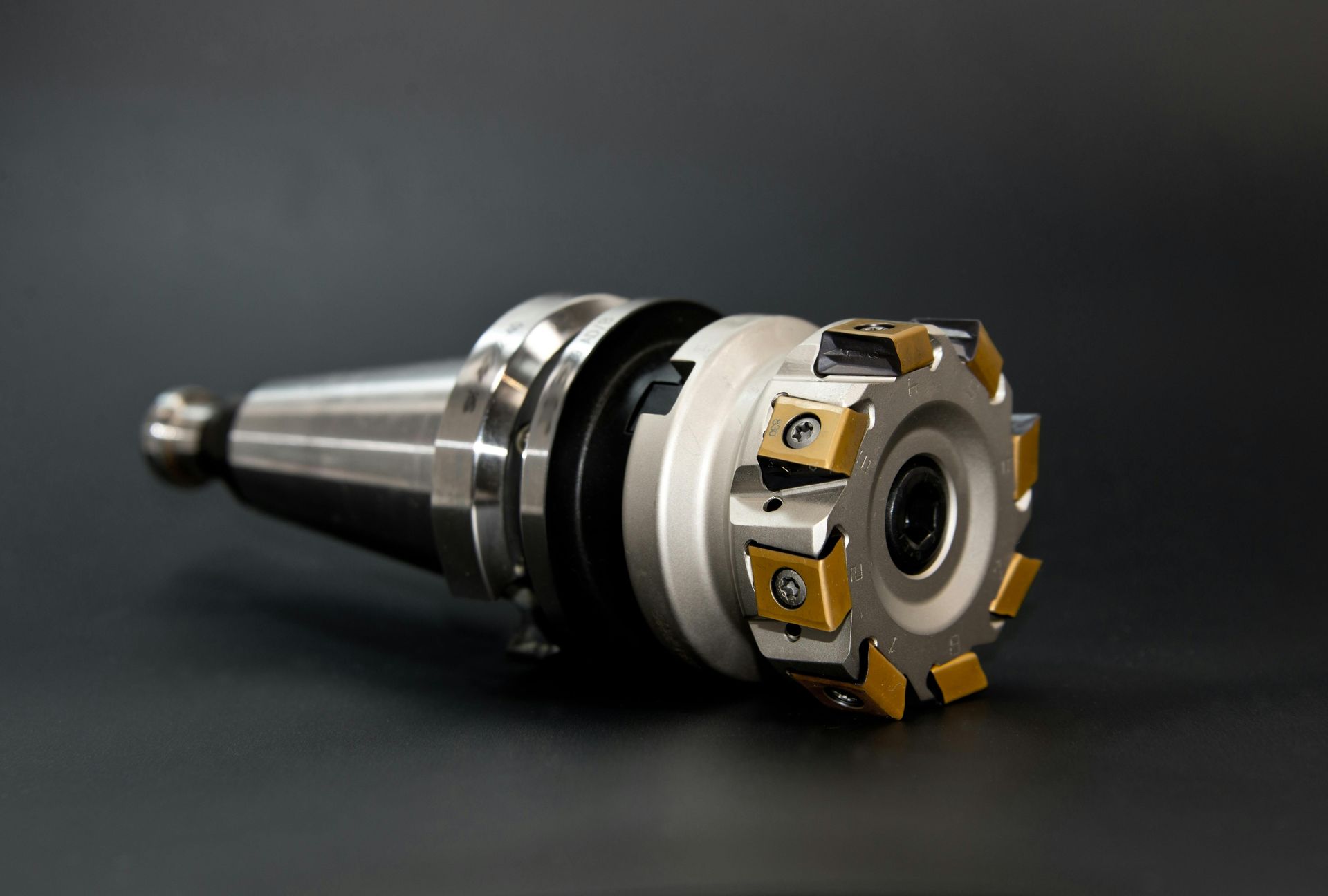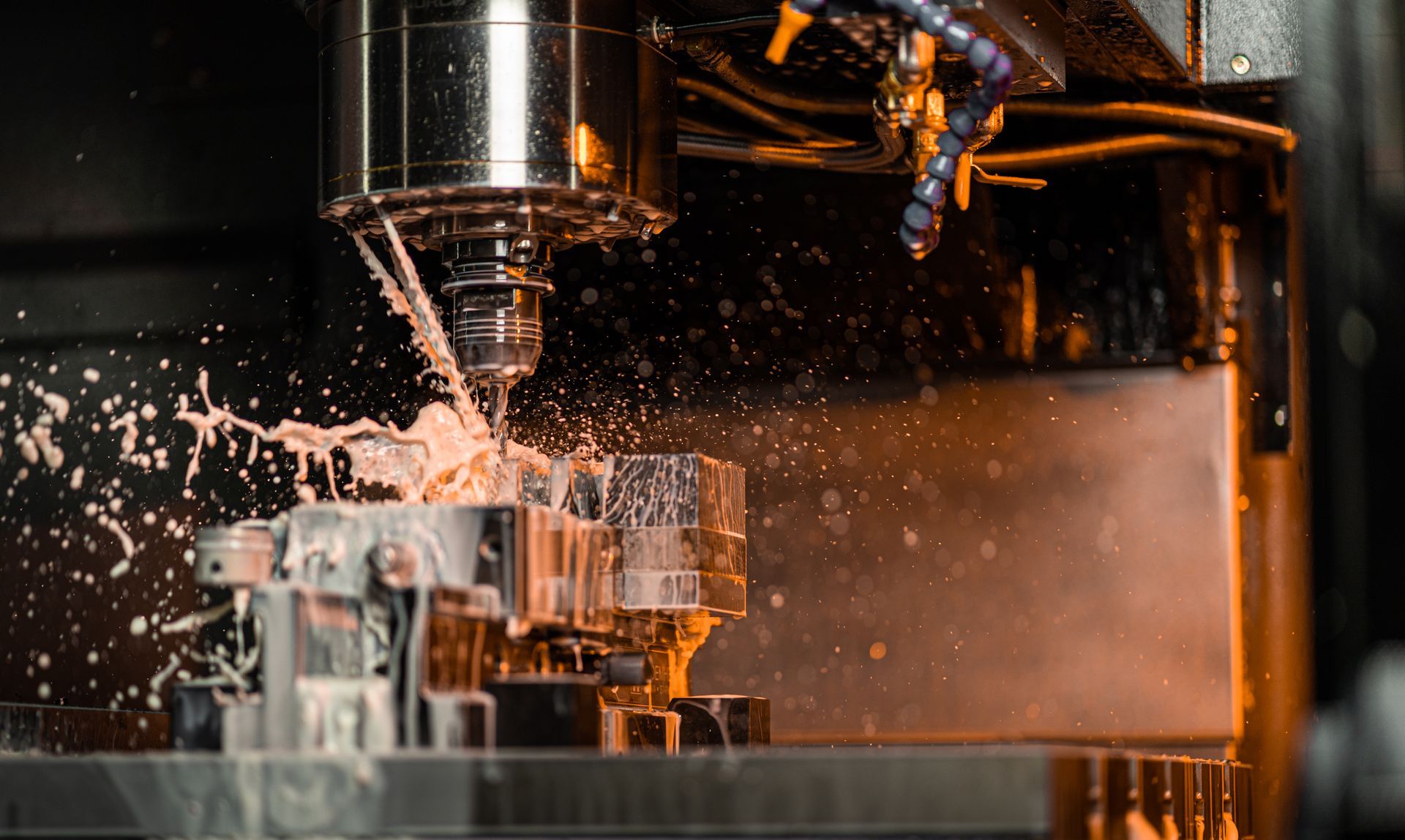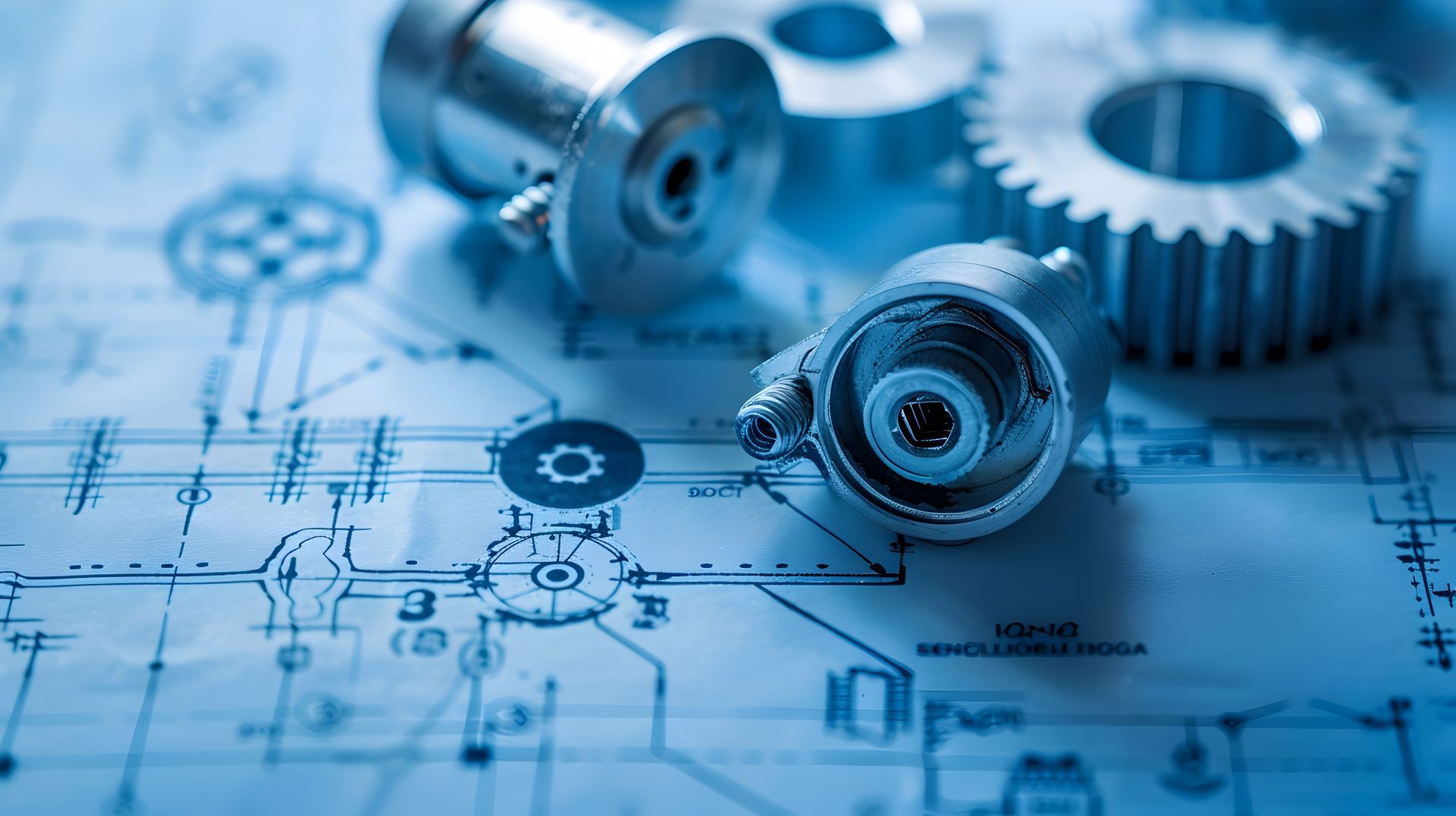By Thomas Minieri
•
September 11, 2025
In today’s manufacturing world, speed and precision are everything. Engineers, startups, and established companies alike depend on machining partners who can not only deliver accurate parts but also adapt quickly when projects change. With so many options available, it can be tempting to turn to large online marketplaces like Xometry . They promise convenience, instant quotes, and a network of suppliers. But here’s the question: does bigger always mean better? If you’ve ever felt like a “small fish in a big pond” working with large online services, you already know the answer. That’s where Magpie Machining stands apart. By offering a faster turnaround, personal customer service, and hands-on expertise , Magpie delivers a better experience from start to finish. Let’s take a closer look at the differences. 1. The Marketplace vs. The Partner Xometry is essentially a middleman. They connect your order to a vast network of suppliers, acting as a broker between you and whoever happens to take the job. While this model may sound efficient, it often introduces challenges: Inconsistent quality depending on which vendor gets assigned. Limited control over production timelines. Difficulty building a long-term relationship with a shop that truly understands your needs. Magpie Machining , on the other hand, is not a faceless marketplace. We’re a dedicated precision machining shop . When you work with us, you know exactly who is making your parts, inspecting them, and ensuring they meet your exact specifications. There’s no guessing, no bouncing between vendors, and no compromises. With Magpie, you’re not just placing an order—you’re gaining a partner . 2. Faster Turnaround, Real Communication Xometry’s quoting engine is fast, but quoting isn’t the same thing as producing. Because Xometry has to distribute work across different vendors, turnaround times can be unpredictable. Some projects get delayed simply because the assigned vendor is backed up, and you often won’t know until it’s too late. Magpie Machining operates differently. As a smaller, agile shop , we pride ourselves on being responsive and fast. Need a prototype turned around in days, not weeks? We make it happen. Have last-minute changes? We adjust right away. And unlike a giant platform, you’re never stuck waiting for a generic support email. You can pick up the phone and talk directly to the machinist working on your job. That personal touch means fewer delays, fewer surprises, and a lot more confidence. 3. Consistency You Can Trust With Xometry, your parts could be made by one vendor this time and a completely different vendor the next. Even if both follow the same drawings, small variations in machines, setups, and inspection standards can creep in. If your project requires multiple runs, that inconsistency can cause big headaches. Magpie Machining removes that uncertainty. We own our process from start to finish , using state-of-the-art equipment, careful inspection, and a skilled team committed to your success. Every job is run with the same attention to detail, so you know you’re getting repeatable quality, batch after batch. For industries where precision and reliability matter—medical, aerospace, defense, robotics—that consistency makes all the difference. 4. The Value of Personal Service Large online platforms thrive on volume. Their goal is to move as many orders as possible through the system. That means individual customers—especially smaller companies—rarely get tailored attention. At Magpie, every client matters . Whether you’re a startup developing your first prototype or an established manufacturer scaling production, we treat your project with the same level of care and urgency. You’re not just an order number; you’re a relationship we value. We take the time to understand your project goals, help with design for manufacturability (DFM), and even suggest cost-saving solutions. That kind of partnership simply doesn’t exist in a marketplace model. 5. Local Accountability vs. Distant Oversight When you work with Xometry, your parts could be manufactured across the country—or across the globe. While that may sound like access to a vast network, it also means you’re dealing with distance, time zones, and potential miscommunication . If something goes wrong, you’re stuck navigating a long support chain. Magpie Machining is local, accountable, and invested in your success. We’re not hiding behind layers of vendors and automated systems. If there’s an issue, we fix it—fast. That accountability is worth more than any instant quote engine. 6. Competitive Pricing Without the Hidden Costs On paper, Xometry can look cheaper. But once you factor in shipping delays, rejected parts, or inconsistent batches that require rework, those “savings” disappear. Magpie Machining offers competitive, transparent pricing without the hidden risks. Because we handle your project directly, there are no middleman markups, no mystery vendors, and no wasted time. Just quality machining at a fair price, delivered when you need it. 7. Building for the Future When you work with Magpie Machining, you’re building a relationship that scales with your business. Need one prototype today and a production run of hundreds tomorrow? We’ll be there every step of the way. With Xometry, you’ll always be one anonymous order among thousands. With Magpie, you’re a valued partner. That difference matters not only for your immediate project, but also for the long-term growth of your company. The Bottom Line: Magpie Machining Wins on Speed, Service, and Trust Xometry’s marketplace approach has its place—but if you’re looking for faster turnaround, personal service, and consistent quality , Magpie Machining is the clear choice. We combine the technology and expertise you’d expect from a large operation with the care, communication, and accountability that only a dedicated shop can provide. So the next time you’re weighing your options between Magpie Machining and Xometry, ask yourself this: Do I want to be an order number in a massive system? Or do I want a machining partner who knows my name, understands my project, and delivers on time—every time? At Magpie Machining, we believe the answer is simple.

